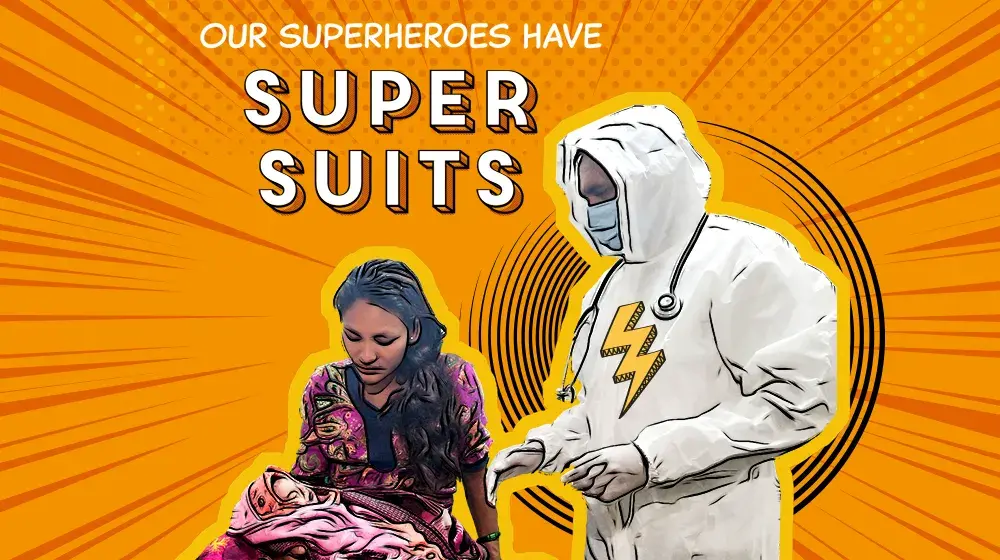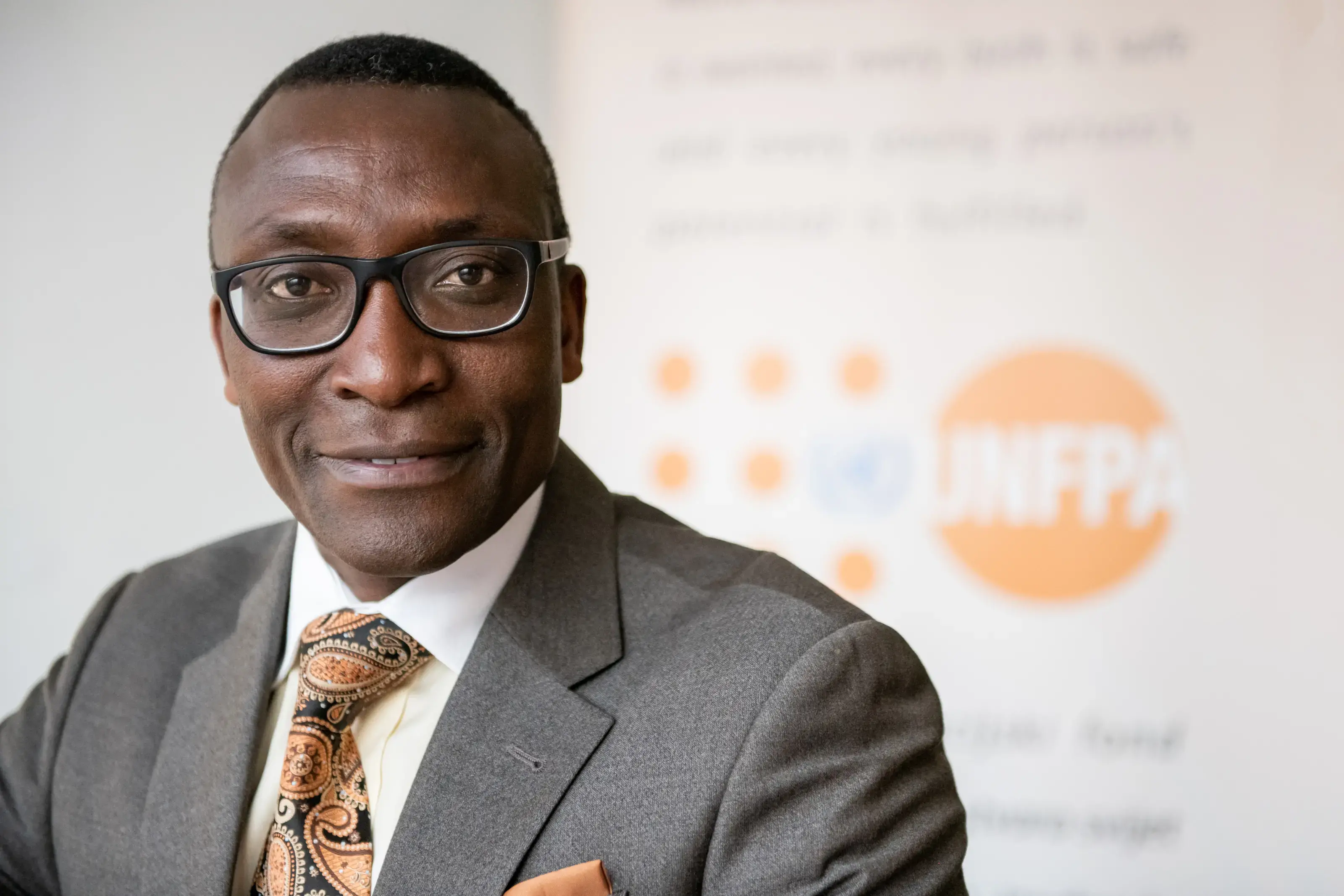Gender-based violence is one of the most serious and most widespread violation of human rights around the world. One in three women worldwide has experienced one form of violence in their lives. Research on the prevalence and characteristics of violence against women from 2012 showed that 47.3% of women in the Republic of Srpska experienced some form of violence in her life after the age of fifteen. The highest percentage of women - 39.1% survived the psychological violence, 26.5% physical, 6.4% sexual and 2.1% economic violence. The consequences that gender-based violence leaves on life, especially the health of women and their children are serious and far-reaching. Solving this problem requires committed and coordinated response of the whole society: government, international institutions and organizations, non-governmental organizations, private sector and citizens. Through the support and partnership with all responsible partners, in particular the health sector, United Nations Population Fund (UNFPA) contributes to the creation of zero tolerance society for gender-based violence in more than 150 countries.
The health sector has a specific and complex role in the prevention and fight against gender-based violence. Health workers are often the first ones survivors of violence turn to in seeking help, but also among the first to have the opportunity to recognize the symptoms of violence when people are not ready to speak out publicly. Health workers have the opportunity to work comprehensively through support programs to survivors of violence and their children, but also perpetrators of gender-based violence. A coordinated response of institutions within the health system, and the entities within the multi-sectoral referral system is essential to prevent further violent relationships and provide adequate support to survivors and perpetrators of gender-based violence.
UNFPA in Bosnia and Herzegovina provides expert support to the health system in the Republic of Srpska in the fight against gender-based violence through a contribution to the development of standards for the quality of health services by relevant institutions. Resource Package for Health Care Service Providers’ response to GBV in Republic of Srpska is one of the first steps in this process.
Resource package was developed under the project “Seeking protection, care and justice for the conflict related sexual violence survivors during the conflict in Bosnia and Herzegovina” which in addition to UNFPA is being implemented by the UN Development Programme (UNDP), the UN agency for gender equality and empowerment of women (UNWOMEN), and the International Organization for Migration (IOM). This educational resource has been developed by adapting the Resource package: Strengthening health system response to gender-based violence in Eastern Europe and Central Asia (made by UNFPA Regional office for Eastern Europe and Central Asia and Information Centre and a European network of women against violence (WAVE).




